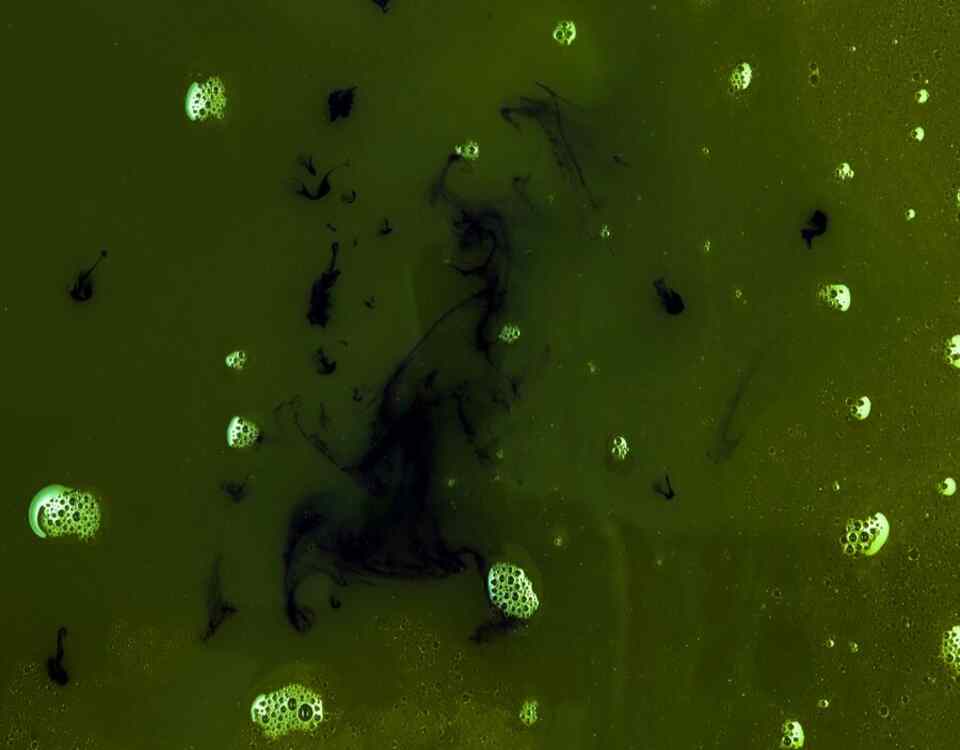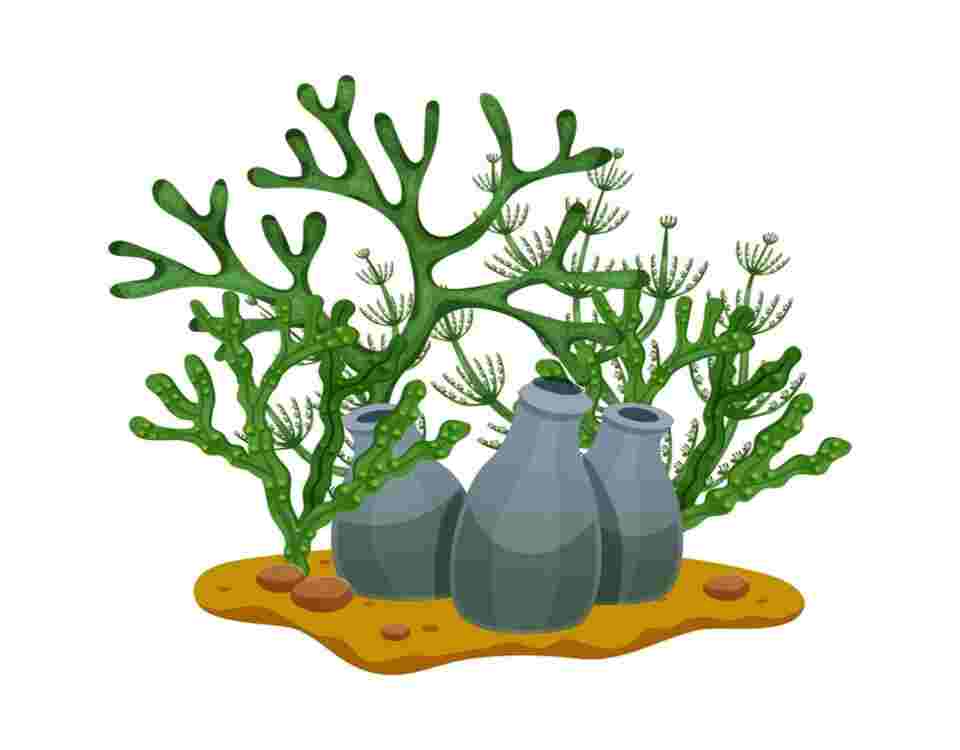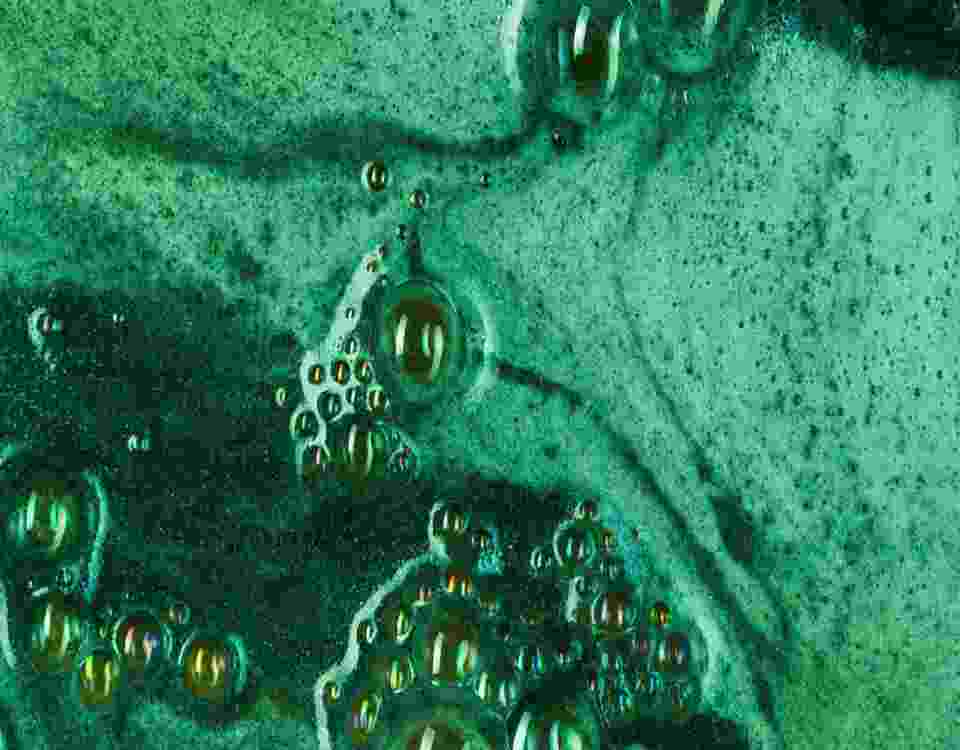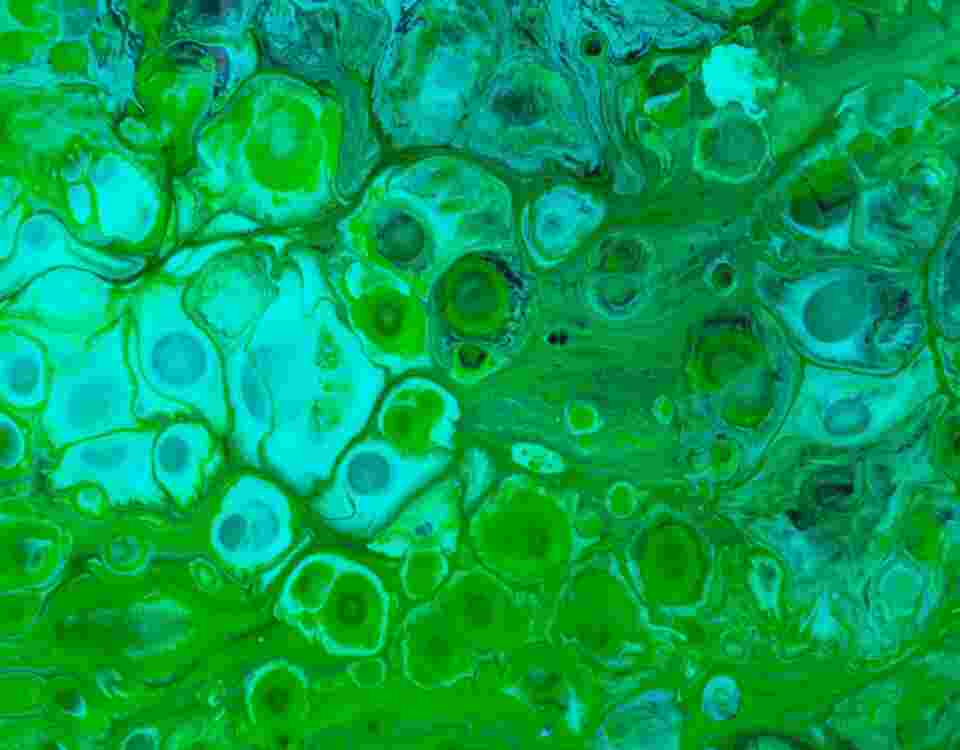
Table of Contents
ToggleIntroduction to Little Alchemy 2:
Little Alchemy 2 is a popular online game that allows players to explore the world of science and creativity by combining different elements to create new substances, objects, and concepts. The game provides a unique and interactive experience where players can discover and unlock over 600 different items by combining elements in various ways.
In Little Alchemy 2, players start with a few basic elements, such as air, fire, water, and earth, and their goal is to create more complex items by combining these elements. Each combination leads to a new discovery, encouraging players to experiment and think critically about the properties and interactions of different elements.
With its intuitive interface and simple gameplay, Little Alchemy 2 offers a fun and educational experience for players of all ages. Whether you are a science enthusiast or simply looking for an entertaining game to pass the time, Little Alchemy 2 provides a captivating journey of exploration and discovery. So, let’s dive in and learn how to make algae in Little Alchemy 2!
Understanding the Algae Element:
Algae is an essential element in the game Little Alchemy 2, and understanding its properties can help players progress in the game. Algae is a simple organism that is commonly found in bodies of water such as ponds and rivers. It is a type of plant-like organism that contains chlorophyll and carries out photosynthesis.
In Little Alchemy 2, algae is represented by a green, slimy substance. It is a primary element, which means it cannot be created by combining other elements. However, algae can be combined with other elements to create new materials and substances.
Algae is often used as a building block to create more complex elements in the game. By combining algae with other elements such as water, energy, or sun, players can create new elements like seaweed, swamp, or plant.
Algae can also be combined with other materials to create useful and interesting combinations. For example, combining algae and fire creates ash, while combining algae and stone creates moss. These combinations allow players to experiment and create unique combinations as they progress in the game.
Understanding the properties of algae and its interactions with other elements is crucial for players looking to advance in Little Alchemy 2. By experimenting with different combinations and unlocking new elements, players can uncover the full potential of the algae element and expand their knowledge in the game.
Step 1: Creating Algae from Basic Elements
To make algae in Little Alchemy 2, you need to follow a step-by-step process. Here’s how you can create algae from basic elements:
- Open Little Alchemy 2: Launch the game on your device and make sure you have a clear workspace to conduct your experiments.
- Combine Water and Pond: Drag the Water element from the sidebar and drop it onto the Pond element. This combination will create the Lake element.
- Combine Lake with Algae: Now, take the Lake element and combine it with the Pond element. This combination will result in the creation of algae.
- Discover Algae: Once you have successfully combined the Lake and Pond elements to create Algae, it will be added to your collection. You can now use Algae to combine with other elements and discover new items in the game.
Remember, Little Alchemy 2 is all about experimentation and discovering new combinations. So, don’t be afraid to explore and try out different combinations with Algae to unlock new elements and expand your game progress.

Step 2: Exploring Combinations with Algae
In this step, you will be exploring various combinations to create new elements using algae as one of the starting materials. Algae is a versatile ingredient in Little Alchemy 2 and can be combined with many other elements to create interesting and unique combinations.
To start experimenting, simply drag and drop the algae element onto the workspace. This will open up a range of possibilities for you to discover. Here are some combinations you can try with algae:
1. Algae + Energy = Oxygen: Combine algae with energy to create oxygen, an essential element for life.
2. Algae + Fire = Ash: Mixing algae with fire will result in the creation of ash. This combination represents the incineration of algae.
3. Algae + Earth = Moss: When combined with earth, algae transforms into moss, a type of plant that thrives in damp environments.
4. Algae + Water = Sea: Mixing algae with water will create a sea, representing the vast bodies of water where algae are commonly found.
5. Algae + Pond = Life: Combining algae with a pond will result in the creation of life. This combination showcases the role of algae in supporting ecosystems.
Remember to keep exploring and experimenting with different combinations. There are numerous possibilities waiting to be discovered. Keep in mind that not all combinations will yield successful results, so don’t be discouraged if you encounter some dead ends. Just have fun and enjoy the process of discovering new elements!
Step 3: Using Algae in Little Alchemy 2
Using algae in Little Alchemy 2 opens up new possibilities for creating other elements and combinations in the game. Here’s how you can make use of algae in the game:
1. Combine Algae with Energy: By combining algae with energy, you can create plankton, which can be further combined with other elements to create new combinations.
2. Combine Algae with Life: Mixing algae with life will result in seaweed, which can also be used to create different combinations and elements.
3. Combine Algae with Ocean: Combining algae with ocean will give you seaweed as well, which can be used in further combinations.
4. Combine Algae with Water: Mixing algae with water will produce seaweed, another useful element in Little Alchemy 2.
Remember, these are just a few of the combinations involving algae. Feel free to experiment and explore other combinations using algae to uncover new elements and expand your Alchemy knowledge in the game.
Tips and Tricks for Working with Algae
1. Experiment with different combinations: Algae can be created by combining various elements, so don’t be afraid to mix and match different items in Little Alchemy 2. Try combining water with various plant-based elements or even other aquatic elements to see what works.
2. Be patient: Creating algae may take some time and experimentation. It’s essential to stay patient and keep trying different combinations until you find the solution. Remember, the fun of the game is in the discovery process, so enjoy the journey!
3. Think outside the box: Sometimes, the solution to creating algae may not be as obvious as you think. Don’t limit yourself to traditional combinations. Try unique combinations that you wouldn’t expect to work. Little Alchemy 2 thrives on creativity and innovation.
4. Use hints wisely: If you’re struggling and need a little nudge in the right direction, don’t be afraid to use hints. Little Alchemy 2 offers hints to help players progress and discover new combinations. Just remember, using hints too frequently may take away some of the satisfaction of figuring it out on your own.
5. Explore all available elements: Throughout the game, you’ll encounter many different elements. Take the time to explore and experiment with each one, as they may hold the key to creating algae. Unlocking new elements often leads to exciting and unexpected discoveries.
6. Take note: As you experiment with different combinations, it can be helpful to keep a notebook or digital record of your discoveries. This way, you can track which elements you have tried and which ones have worked. It also allows you to keep track of any patterns or trends you notice along the way.
7. Share and learn from others: The Little Alchemy 2 community is vast and filled with players who love to share their discoveries. Don’t hesitate to seek help from online forums or communities if you feel stuck. Sharing your own tips and tricks can also help others who may be struggling with creating algae.
Remember, the joy of Little Alchemy 2 is in the exploration and experimentation process. Enjoy the game, stay curious, and have fun discovering all the creative combinations that lead to the creation of algae!

Common Mistakes to Avoid:
When making algae in Little Alchemy 2, there are a few common mistakes that players often make. By being aware of these errors, you can save time and improve your chances of successfully creating algae. Here are some of the mistakes to avoid:
1. Incorrect Combinations: One of the most common mistakes is using the wrong combinations of elements. Make sure to double-check the required elements for algae and ensure that you are using the correct combinations.
2. Missing Elements: Another common mistake is overlooking important elements that are necessary for creating algae. Be sure to thoroughly go through the available elements and ensure that you have all the required components.
- Forget to Combine Elements: Some players may overlook the need to combine certain elements together in order to create algae. Pay attention to the combination rules and make sure to combine the correct elements in the right order.
- Ignoring Hints: Little Alchemy 2 provides helpful hints and clues to guide you in discovering new combinations. Ignoring these hints might lead you away from the correct solution. Pay attention to the hints on the game’s interface or consult online guides for assistance.
- Limited Experimentation: Algae can be created by combining various elements in different orders. Don’t be afraid to experiment and try out different combinations to find the correct sequence. Limiting your experimentation may hinder your progress.
By avoiding these common mistakes, you can improve your chances of successfully creating algae in Little Alchemy 2. Remember to be patient, follow the correct combinations, and utilize the hints provided to guide you towards the desired outcome.
Fun Experiments with Algae:
Algae can be a fascinating element to experiment with, as it offers various opportunities for exploration and learning. Here are some fun experiments you can try with algae:
- Algae Growth Experiment: Create an ideal environment for algae growth by providing light, nutrients, and water. Observe and record changes in algae growth over time. You can use different types of water or varying nutrient levels to see how they affect algae growth.
- Algae Bioreactor: Build a simple algae bioreactor using a clear container, algae culture, and a light source. Observe how the algae grow and produce oxygen through photosynthesis. This experiment showcases the potential of algae as a renewable energy source.
- Algae Photosynthesis Demonstration: Set up a simple experiment to show the process of photosynthesis in algae. Place the algae culture in an oxygen-filled container and expose it to sunlight. Use a pH indicator to demonstrate the production of oxygen as a result of photosynthesis.
- Algae as a CO2 Absorbent: Investigate the capability of algae to absorb carbon dioxide (CO2). Use an algae culture and expose it to a concentrated source of CO2, such as a balloon filled with exhaled breath. Observe how algae absorb CO2 and its effects on their growth.
- Algae in Aquatic Ecosystems: Explore the role of algae in aquatic ecosystems. Collect water samples from different sources, such as ponds or rivers, and observe the presence of algae under a microscope. Analyze the relationship between algae populations and water quality parameters like pH and nutrient levels.
Remember to take precautions and follow safety guidelines when conducting experiments involving algae. These experiments offer a hands-on approach to understanding the characteristics and potential applications of algae in various fields, including biology, ecology, and renewable energy.

The Impact of Algae on the Little Alchemy 2 World:
Algae, although seemingly small and insignificant, plays a significant role in the world of Little Alchemy 2. Here are a few ways in which algae impacts the game:
- Essential Ingredient: Algae is considered a fundamental element in the game as it acts as a base for numerous combinations. It serves as a primary ingredient in creating various organisms, plants, and materials.
- Ecosystem Support: Algae contributes to the game’s ecosystem by providing essential nutrients and oxygen to other organisms. It serves as a food source for many creatures, thus supporting the balance of life in the game.
- Gateway to Other Combinations: Algae is a crucial component in creating more complex elements. When combined with other elements, algae unlocks new possibilities and broadens the player’s crafting options.
- Alchemy Evolution: The existence of algae in the game signifies the evolution of alchemical processes. As players progress, they discover how combining different elements, including algae, can lead to the creation of more advanced materials and organisms.
- Real-World Insight: Little Alchemy 2’s inclusion of algae allows players to understand the significance of these organisms in real life. It promotes awareness about the role of algae in oxygen production and the health of aquatic ecosystems.
In summary, algae’s impact on the Little Alchemy 2 world is multi-faceted. It acts as a vital component in various combinations, supports the game’s ecosystem, unlocks new crafting possibilities, represents alchemical evolution, and provides players with real-world insights. Appreciating the importance of algae in the game not only enhances gameplay but also fosters an understanding of the significance of these microorganisms in our environment.
Conclusion and Final Thoughts:
In conclusion, creating algae in Little Alchemy 2 is a simple and straightforward process that doesn’t require any complex combinations. By combining water and plants, you can easily obtain algae as a result. Algae plays a crucial role in the game as it serves as a fundamental element for creating various other elements. Whether you’re trying to create a pond or a swamp, algae is a key ingredient that you can’t afford to overlook. So, make sure to keep this combination in mind and use it wisely to unlock new possibilities and progress in the game. Happy alchemizing!
FAQs:
Q1: Can I make algae without water?
Certainly! While water is a common ingredient, some variations may not require it.
Q2: Why won’t my algae combine with other elements?
Ensure you have the correct elements and follow the suggested order. Some combinations may be more intricate than others.
Q3: Are there secret algae recipes?
Absolutely! Keep experimenting, and you may stumble upon rare and hidden algae combinations.
Q4: Can algae be used to create living organisms in the game?
While algae itself doesn’t create living beings, it serves as a crucial component in various life-related combinations.
Q5: What happens if I combine algae with fire?
Experimenting with algae and fire might lead to unexpected results. Try it out and see what unique creations emerge.
